Library Accessibility Alliance
Library Accessibility Alliance
Introduction
The Big Ten 91��Ƶ Libraries are committed to equitable service and access and are concerned about the inaccessibility of many library electronic resources. Purchasing and subscribing to inaccessible library e-resources goes against Big Ten Libraries’ commitment to providing equal access to information for all library users.
The Big Ten 91��Ƶ Library E-Resource Accessibility Group was formed at the request of the consortium’s Library Directors in 2015 to address concerns about library e-resource accessibility. In 2019 the began partnering with the Big Ten 91��Ƶ creating the . The group was further expanded in 2021 with the addition of the and the . The group strives to engage with library vendors in initiatives to improve usability for all users.
Because of the group:
- The Library Accessibility Alliance libraries fund a program to provide selected vendors with third-party accessibility evaluations. Evaluations, along with any responses provided by vendors, are posted on the page. This program provides vendors with the information and opportunity to improve the accessibility of their products and gives members of the library community information about the accessibility of these works.
- The Alliance libraries created the to be a living document that provides libraries with resources related to library accessibility. The toolkit is intended as a resource for librarians to locate the latest research on library accessibility, useful accessibility terminology, tools for testing, assistive technology, and legal considerations related to accessibility. The toolkit is a space where all are welcome and encouraged to contribute relevant resources related to library accessibility.
- Standardized Accessibility License Language page. Library e-resource vendors may be approached about inserting this (or similar) text into BTAA Library consortial licenses or institutions’ individual licenses to ensure these contracts address accessibility concerns.
Testing
Contacts:
Maurice York
Big Ten 91��Ƶ
Director, Library Initiatives
maurice.york@btaa.org
Treshani Perera
Coordinator for Community Engagement
Center for Library Programs
treshani.perera@btaa,org
For help or more information
library@btaa.org
